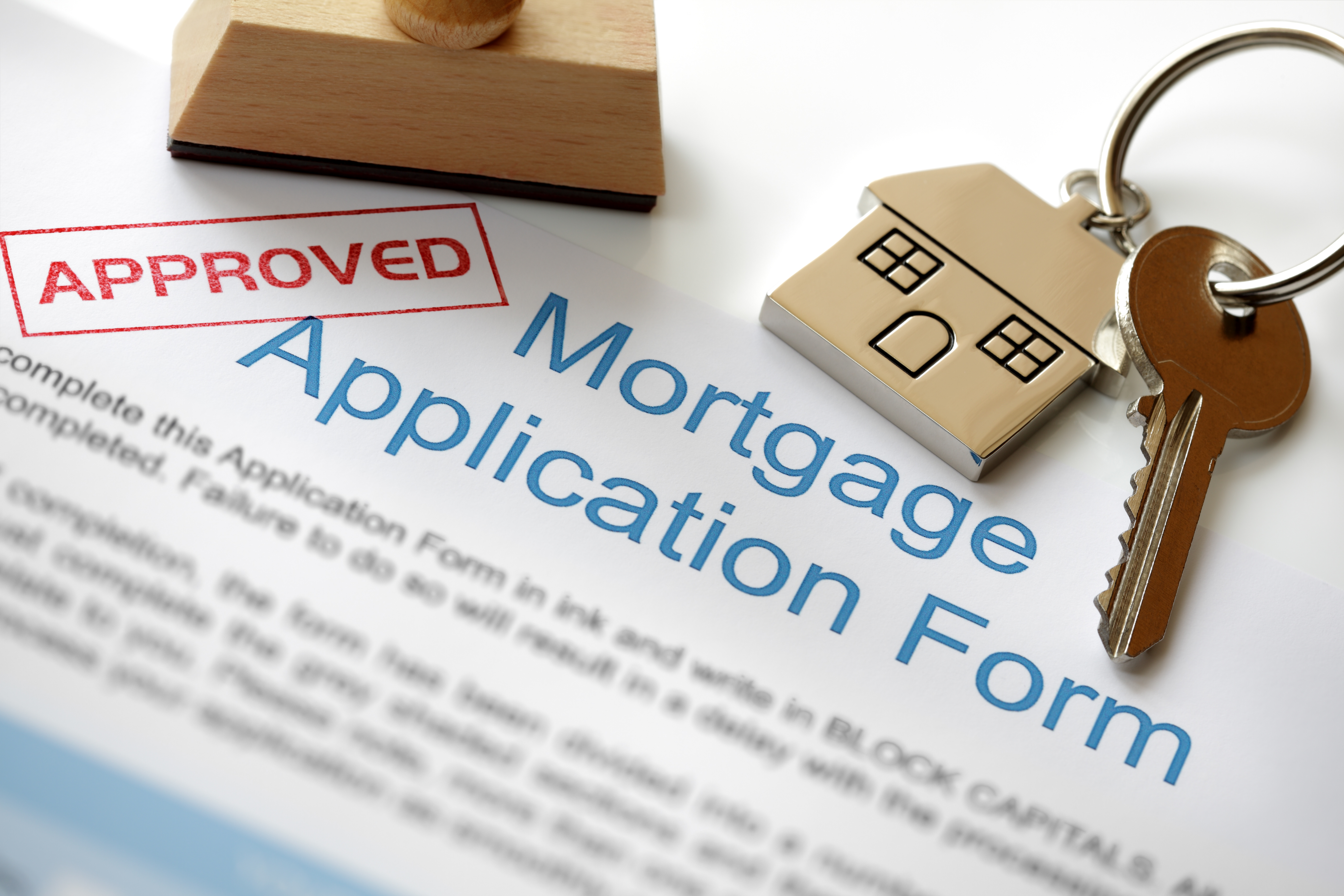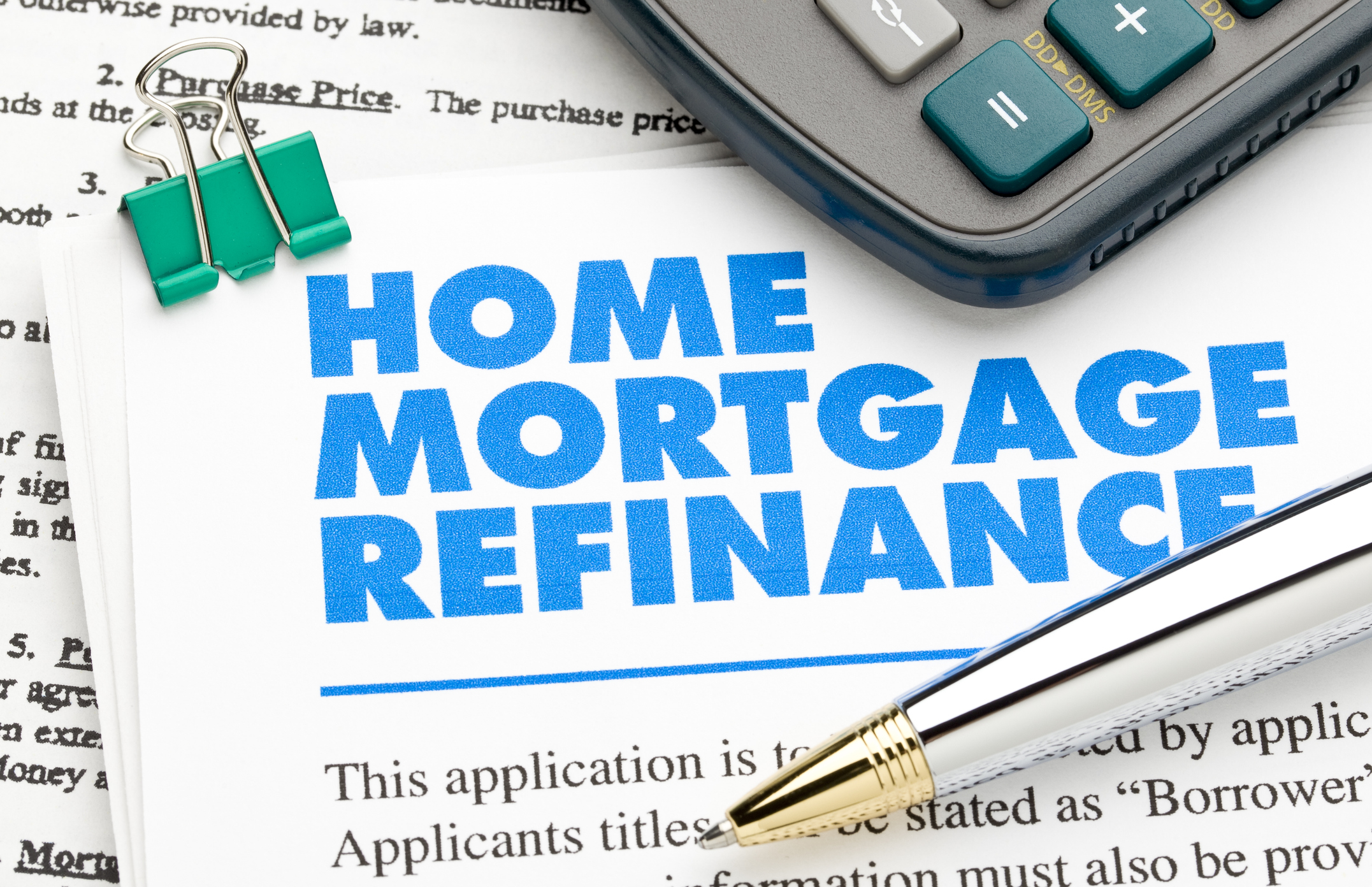Applying for a Mortgage Loan? Here's What to Expect
Before you can apply for a mortgage loan and buy your dream home, there's a good bit of preparation to be done.

Profit and prosper with the best of Kiplinger's advice on investing, taxes, retirement, personal finance and much more. Delivered daily. Enter your email in the box and click Sign Me Up.
You are now subscribed
Your newsletter sign-up was successful
Want to add more newsletters?
Buying a home involves more than finding the right property and picking a mortgage. Once you decide to apply for a loan, you enter a multistep process that requires paperwork, patience and careful attention to timing.
From gathering financial documents and comparing lenders to navigating underwriting and closing costs, each stage plays a role in determining whether your loan is approved — and on what terms. Understanding what happens at each step can help you avoid delays, spot potential issues early and feel more confident moving forward.
Here’s what to expect when applying for a mortgage loan, including how the process unfolds from application through closing and what borrowers can do to stay on track along the way.
From just $107.88 $24.99 for Kiplinger Personal Finance
Become a smarter, better informed investor. Subscribe from just $107.88 $24.99, plus get up to 4 Special Issues

Sign up for Kiplinger’s Free Newsletters
Profit and prosper with the best of expert advice on investing, taxes, retirement, personal finance and more - straight to your e-mail.
Profit and prosper with the best of expert advice - straight to your e-mail.
Filling out a mortgage loan application

You’ll probably fill out a lender’s application online, and then talk with a loan officer by telephone. This is where the folder of financial information you’ve collected will come in handy. When filling out the application, you’ll need to provide borrower, property, employment and expense information.
Be prepared to give the name and phone number of someone who can verify financial information about you — most likely, your employer's personnel office. If you have substantial income from investments, you'll be asked to substantiate this through account statements and possibly an accountant, stockbroker, trust officer or similar source.
If you are self-employed or if 25% or more of your income is from commissions or bonuses, you must provide two years of tax returns to offer proof of established income. Self-employed people may also need a profit-and-loss statement so the lender can assess your company’s strength.
To begin processing of your application the lender may require a fee of $100 to $500 that covers the cost of pulling your credit report and obtaining an appraisal of the property's market value. The fees are non-refundable in most cases.
Review loan estimates
Once the lender has received your application, it will issue you a good faith estimate (GFE), which is mandated by the federal Real Estate Settlement Procedure Act (RESPA). Once you've obtained lenders' GFEs, you can compare their rates, closing costs and terms in an apples-to-apples format.
Check whether the quoted interest rate is guaranteed, and for how long. If you think that interest rates may rise while your application is being processed, ask for a "lock-in." Get it in writing.
Some lenders may offer a rate lock with a float-down option, meaning that if the rate goes down by a certain amount before you close, you will get the lower rate.
Loan processing

After you submit a mortgage application, the lender reviews your financial information to confirm you qualify for the loan. This typically begins with loan processing, where the lender collects and organizes documents such as pay stubs, bank statements, tax returns and employment verification.
At the same time, the lender orders a home appraisal to confirm the property is worth the purchase price and may also begin a title search to make sure there are no ownership disputes or liens tied to the home.
Once processing is complete, the loan moves to underwriting. The underwriter reviews your credit, income, assets, debts and the property details to determine whether the loan meets lending guidelines.
This is where you'll need patience. Borrowers are often asked to provide additional documentation or explanations during this stage. After all conditions are satisfied, the loan receives final approval, sometimes called "clear to close."
Before closing, the lender issues a Closing Disclosure outlining your finalized loan terms, monthly payment and closing costs. Federal rules require you to receive this document at least three business days before signing.
During this time, buyers typically secure homeowners' insurance, arrange funds for closing costs and complete a final walkthrough of the property.
Closing
At closing, you sign loan documents, funds are transferred and ownership of the home officially changes hands.
Closing costs vary depending on where you live: They can be anywhere from 2% to 3% of a home’s purchase price and up to 5% to 6% in high-tax areas.
These expenses can add up and typically include discount points you may pay to lower your interest rate, along with an origination fee that generally ranges from 1% to 1.5% of the loan amount.
You’ll also likely see charges for services such as an appraisal, survey, title search, title insurance, deed and mortgage recording, transfer taxes and attorney fees. If your lender requires an escrow account, the estimate will also include projected monthly costs for property taxes and homeowners' insurance.
Applying for a mortgage can feel complex, but understanding each step from preparing your finances to reviewing final closing documents can make the process more manageable. Staying organized, responding quickly to lender requests and carefully reviewing loan details can help prevent delays and unexpected costs. With preparation and attention to detail, borrowers can move through the process with greater confidence as they work toward closing on their new home.
If you're ready to make a move, use the tool below, powered by Bankrate, to explore and compare some of today's top mortgage offers:
Related Content
Profit and prosper with the best of Kiplinger's advice on investing, taxes, retirement, personal finance and much more. Delivered daily. Enter your email in the box and click Sign Me Up.

Erin pairs personal experience with research and is passionate about sharing personal finance advice with others. Previously, she was a freelancer focusing on the credit card side of finance, but has branched out since then to cover other aspects of personal finance. Erin is well-versed in traditional media with reporting, interviewing and research, as well as using graphic design and video and audio storytelling to share with her readers.
-
 4 High-End Experiences Worth the Splurge After 50
4 High-End Experiences Worth the Splurge After 50These curated date ideas provide the perfect backdrop for couples ready to enjoy the very best that the world has to offer.
-
 Health Care Stocks Have Sagged. Can You Bet on a Recovery?
Health Care Stocks Have Sagged. Can You Bet on a Recovery?The flagging health care sector has perked up a bit lately. Is it time to invest?
-
 Costco's Auto Program: Can Membership Pricing Really Save You Money on a Car?
Costco's Auto Program: Can Membership Pricing Really Save You Money on a Car?Costco's Auto Program can simplify the car-buying process with prearranged pricing and member perks. Here's what to know before you use it.
-
 What Is an Assumable Mortgage and Could It Save You Thousands?
What Is an Assumable Mortgage and Could It Save You Thousands?With mortgage rates still elevated, taking over a seller’s existing home loan could lower monthly payments — if the numbers work.
-
 How to Budget as a Couple Without Fighting About Money
How to Budget as a Couple Without Fighting About MoneyThese tips will help you get on the same page to achieve your financial goals, with minimal drama.
-
 Is the Housing Market's 'Lock-In Effect' Finally Starting to Ease?
Is the Housing Market's 'Lock-In Effect' Finally Starting to Ease?As mortgage rates stabilize and fewer owners hold ultra-low loans, the lock-in effect may be losing its grip.
-
 Mortgage Protection Insurance: What It Covers and When It Makes Sense
Mortgage Protection Insurance: What It Covers and When It Makes SenseHow mortgage protection insurance works, what it costs, and when it’s actually useful in a financial plan.
-
 What to Watch for When Refinancing Your Home Mortgage
What to Watch for When Refinancing Your Home MortgageA smart refinance can save you thousands, but only if you know how to avoid costly pitfalls, calculate true savings and choose the right loan for your goals.
-
 Builders Are Offering Big Mortgage Incentives — What Homebuyers Should Watch For
Builders Are Offering Big Mortgage Incentives — What Homebuyers Should Watch ForBuilder credits and below-market mortgage rates can ease affordability pressures, but the savings often come with trade-offs buyers should understand before signing.
-
 Trump Signals Plan to Ban Institutional Investors From Buying Single-Family Homes
Trump Signals Plan to Ban Institutional Investors From Buying Single-Family HomesThe president says the move could improve housing affordability. Here’s what the data show about investor ownership, recent buying trends and what it could mean for homebuyers.
-
 How Much Income You Really Need to Afford a $500,000 Home
How Much Income You Really Need to Afford a $500,000 HomeAs home prices increase, the income needed for a house is also climbing. We break down what you need to earn to afford a $500,000 home.